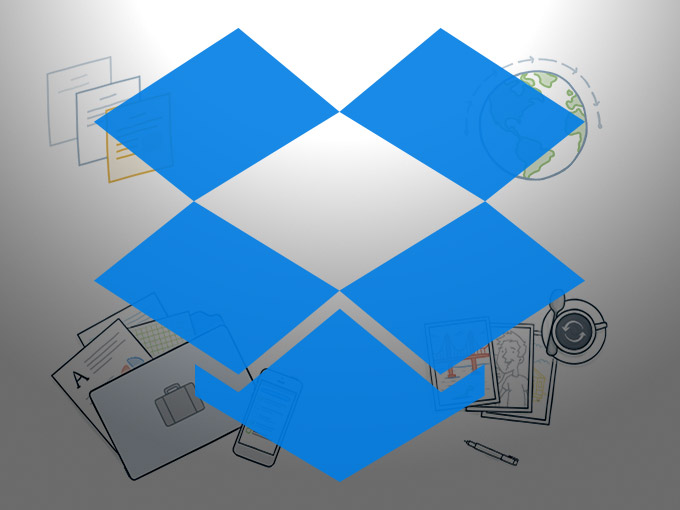
Dropbox, the file hosting and cloud storage company with 400 million users, has been struggling to hold up its $10 billion valuation in the face of scrutiny from investors and observers, and now it looks like the other shoe is dropping as the company streamlines its business. The company is shutting down Mailbox and Carousel, its email and photo apps. Sources tell us the plan will be to focus on its core product and developing other new productivity tools, such as its still-private collaboration app, Paper.
Mailbox will shut down in Februrary 26, 2016, and Carousel will stop working in March 31. The reason for the month extension on Carousel is in part because of a feature that is being built: an export tool that gives existing Carousel users a way to move conversations and content from existing shared albums into Dropbox. Also it will give time for users to migrate their photos. Mailbox was a client that sat on Gmail so shutting it will not affect your data on the service.
We’d been tipped off to the closures by a source close to the company, and also saw murmurs of Mailbox getting shut down elsewhere, and Dropbox now finally confirmed the news with a blog post with details this morning.
“Building new products is about learning as much as it’s about making,” Dropbox co-founders Drew Houston and Arash Ferdowsi write in the blog post. “It’s also about tough choices. Over the past few months, we’ve increased our team’s focus on collaboration and simplifying the way people work together. In light of that, we’ve made the difficult decision to shut down Carousel and Mailbox.”
But even as late as today, Dropbox was sending out messages to users claiming that no decision had been made:
“Thanks for reaching out to us. I understand how frustrating it can be when you aren’t able to receive updates about a product that you feel passionate about using,” said a note sent this morning to a reader. “Mailbox hasn’t been abandoned. It is still being developed while we determine which direction is best. As our developers don’t share there roadmaps with support, I’m unable to share them with you. If there is anything else I can help you with please let me know.”
Even without official confirmation, there were a lot of signs that the products were going the way of the dodo bird.
Mailbox had not been updated since July, and if you dig through Dropbox’s support forums, a lot of questions from frustrated users were going unanswered. Carousel actually had an update a bit more recently, in September, but essentially saw very little development soon after its initial release in 2014.
Neither app, according to App Annie, were seeing anything like sustained popularity beyond their initial releases. Mailbox currently ranks 233 in the “productivity” category in the U.S. iTunes store and is not popular enough to make the general rankings. Carousel is ranked at 271 in the photos category in the same store.
Dropbox started life as a place to store and access files in the cloud, but for years now it has been looking for traction around other services to grow usage — and paying users — on its platform, whose business model is based on offering free storage tiers and upselling people to pay for more space.
As part of that, Dropbox has been making a gradual shift to focus increasingly on sectors that are more likely to pay, such as enterprises. In November, it honed its pitch to business users in an event where it disclosed 150,000 paying business users.
Businesses are a minimum of five individuals, and sometimes many more, but still the proportion out of 400 million users underscores the uphill battle ahead for Dropbox in converting more business users, or building out the business with new customers.
It’s a sad ending for both. When Mailbox first launched in 2013, it was with a huge amount of hype, in part because of the scarcity created by a million-plus people desperate to get off the app’s waiting list, and in part because the app created a simple (and, at the time, unique) interface for reading email (initially on mobile) with gestures to quickly dismiss or archive items in your inbox.
Carousel, meanwhile, was the product of multiple startup acquisitions of promising mobile photo apps. Mailbox co-founder Gentry Underwood has already left Dropbox and Scott Cannon, the other co-founder, is staying on as an advisor for a short period of time.

Comments
Post a Comment